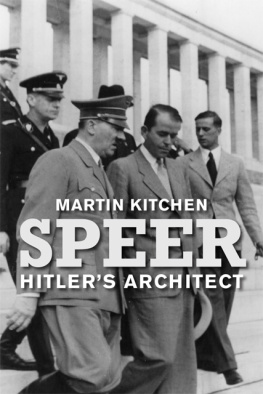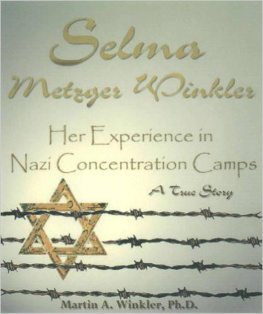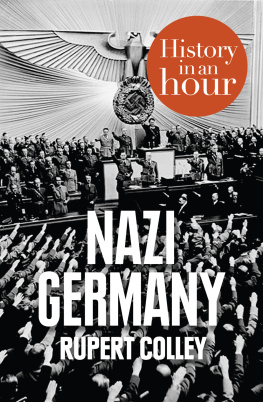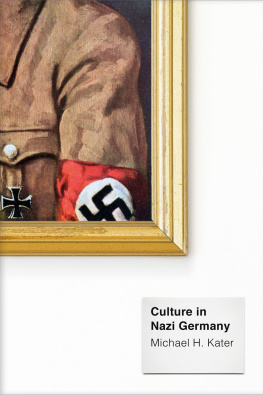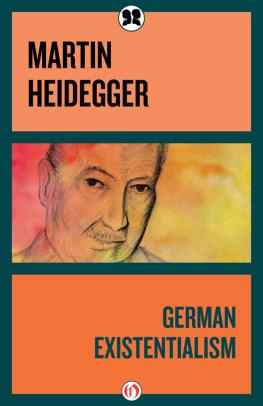First published 1995 by Pearson Education Limited
Published 2014 by Routledge
2 Park Square, Milton Park, Abingdon, Oxon 0X14 4RN
52 Vanderbilt Avenue, New York, NY 10017
Routledge is an imprint of the Taylor & Francis Group, an informa business
Copyright 1995, Taylor & Francis.
All rights reserved. No part of this book may be reprinted or reproduced or utilised in any form orby any electronic, mechanical, or other means, now known or hereafter invented, includingphotocopying and recording, or in any information storage or retrieval system, without permissionin writingfrom the publishers.
Notices
Knowledge and best practice in this field are constantly changing. As new research and experiencebroaden our understanding, changes in research methods, professional practices, or medicaltreatment may become necessary.
Practitioners and researchers must always rely on their own experience and knowledge inevaluating and using any information, methods, compounds, or experiments described herein. Inusing such information or methods they should be mindful of their own safety and the safety ofothers, including parties for whom they have a professional responsibility.
To the fullest extent of the law, neither the Publisher nor the authors, contributors, or editors, assume any liability for any injury and/or damage to persons or property as a matter of productsliability, negligence or otherwise, or from any use or operation of any methods, products, instructions, or ideas contained in the material herein.
ISBN 13: 978-0-582-07387-6 (pbk)
British Library Cataloguing in Publication Data
A catalogue record for this book is available from the British Library
Library of Congress Cataloging in Publication Data
Kitchen, Martin.
Nazi Germany at war / Martin Kitchen,
p. cm.
includes bibliographical references and index.
ISBN (invalid) 0-582-07388-X. ISBN 0-582-07387-1 (pbk.)
1. World War, 19391945Germany. 2. National socialism.
3. Germany-History-1933-1945. I. Title.
D757.K5 1994
Set by 14B in 10/12 pt Times
The Nazi state reached its final, murderous and destructive form during Hitlers war. Clausewitzs dictum that war is the continuation of politics with the admixture of other means is certainly true of the history of Nazi Germany between the annexation of Austria in 1938 and the unconditional surrender of the Third Reich in 1945. Today Germany is ours; tomorrow the whole world screamed the uniformed Nazi hordes. Germanys struggle for existence in the Second World War was a continuation of domestic politics, of the struggle for Germany, and the realisation of Hitlers philosophy as adumbrated in Mein Kampf. The racially determined struggle for Lebensraum (living space) removed all restraints on the deadly destructive forces within the National Socialist movement. They were turned not only against the foreign enemy but also against the equally dangerous enemy within. Jews and Gypsies, the handicapped and the homosexual, political opponents and the churches, in short the racial parasites (Volksschdlinge) had to be exterminated and the German people purged and purified so as to become a true master race. A pure Aryan race would now dominate the lesser breeds in a racially determined millennium. History as the story of racial conflict and struggle would come to an end.
That Nazi Germany could possibly be so aggressive, violent and immoral in its true nature and intentions was exceedingly difficult for contemporaries to accept and still remains the subject of a fierce debate among historians and political scientists. Some saw it relatively early. Its brutal destructiveness coupled with its atavistic rejection of rational administration, legal norms and ethical imperatives prompted Franz Neumann in 1941 to describe Nazi Germany as a lawless behemoth, a government without an administration, a chaotic hierarchy of tyranny over which Hitler ruled supreme.
Another German scholar in American exile, Ernst Fraenkel, stressed the fact that, in spite of the administrative chaos, Nazi Germany was a dual state in which the traditional, rational and efficient administration worked alongside the confused and chaotic Party channels. The two were fundamentally antagonistic and as Hans Frank, president of the Academy of German Law and later Governor of Poland, pointed out, the National Socialists were opposed to the state and its institutions. Paradoxically, these devotees of the organic state had an anarchic hatred of the state as it existed.
The Nazis rejected legal norms, despised the rule of law, flouted administrative regulations and guidelines, mocked the lifeless bureaucratic institutions, and hated the stuffy, unimaginative, conservative paper-pushers in the civil service. They demanded action rather than organisation, thought in terms of the expression of the racial will rather than a written constitution, and saw the state as a living body rather than a rational order. They rejected the constitutional and legal heritage of the Weimar Republic and saw the Enabling Act of 23 March 1933 as sufficient legal basis for the National Socialist Fhrer state. The result was an extraordinary state of institutional anarchy in which strong individuals carved out their fiefdoms in the party districts (Gauen) or in the commanding heights of politics and the economy. The multiplication of offices, the lack of a clear chain of command and the absence of lines of demarcation between the Party and the state further added to the confusion. The struggle for power in the National Socialist jungle was such that there was an inherent tendency for the regime to become more radical and extreme, so much so that some scholars have put forward the seductive but empirically unfounded theory that it was bound to fall apart, even if it had not been defeated in war.
Further confusion is caused by the fact that the endless struggles for power and the chaotic actionism of the principal authorities made it impossible to lay long-term plans or to make careful assessments of future needs. Decisions were made on the spur of the moment, on the basis of intuition rather than careful consideration and deliberation. This did not mean, as some have argued, that such ad hoc decision making was irreconcilable with the realisation of certain long-term aims which Hitler and his cronies had entertained since Mein Kampf was first published. That Hitler was not able fully to realise his negative Utopian dreams was due to the fact that he lost his war, not to any dysfunction-alism within the Nazi state. Within this dual state the traditional civil service was gradually pushed aside to become an almost purely administrative body, enabling the radical National Socialists within this complex and confusing polycratic power structure to realise their ideological ambitions.
Supreme above all this turbulent chaos stood Adolf Hitler. He was no weak dictator, even if by 1943 he became distant and depressed, often lacking the will to make decisions, seeking solace in a dream world in which he planned the rebuilding of the German cities and laid his fantastic plans for the future. By this time it was increasingly possible to frustrate his wishes as the regime began a relentless process of decay and collapse, dictated by a series of military reverses beginning with the defeat of the 6th Army at Stalingrad. Even the replacement of the ineffectual Minister of the Interior, Wilhelm Frick, by Heinrich Himmler could not reverse this process in spite of the application of even greater terror.



